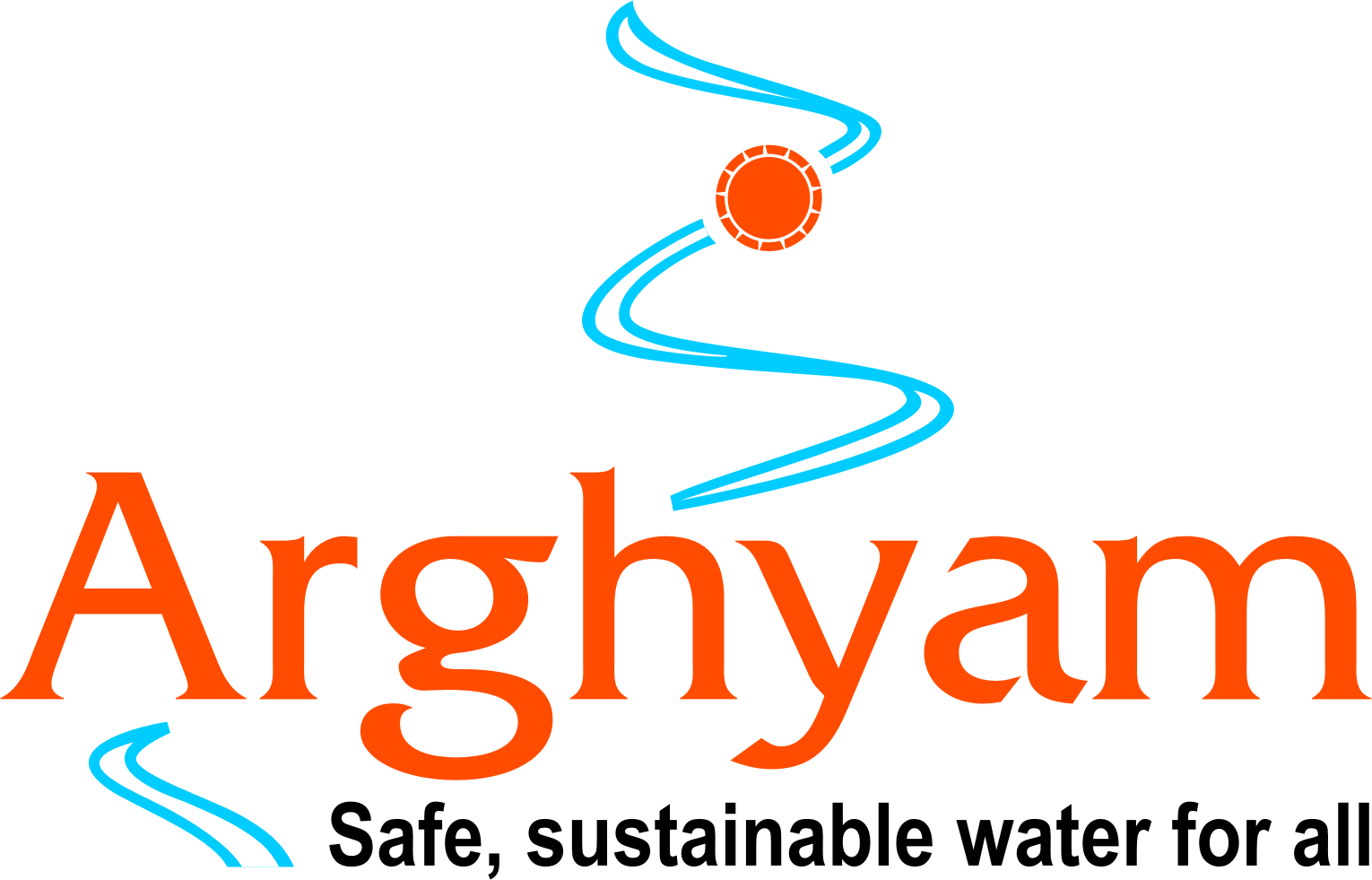/topics/ecology-and-environment
Ecology and Environment
International Rivers invites applications for Co-Director - South Asia Program
Posted on 26 Apr, 2013 04:29 PMArghyam invites applications for Director - Grants and Advocacy
Posted on 25 Apr, 2013 11:01 AM
About Arghyam
Tiger Watch – Conservation leadership program, Conservation India, May 11-15, 2013 - Apply by 1 May, 2013
Posted on 05 Apr, 2013 07:12 PMOrganisers
The story of how blissful ignorance allows Hindustan Coca-Cola Beverages to deprive Mehdiganj, Varanasi of its water
Posted on 01 Apr, 2013 11:39 PM
Bottled drinks are commonplace and we often reach for them without a thought. We may even feel good about our purchase as we read about the companies' commitment to water security' printed on the label.
What does 'being water positive' really mean for the villages where manufacturing plants are situated ? This article examines the case of one such plant in Mehdiganj, PO Benipur, Arajiline block, Dist Varanasi and its effect on the groundwater levels in the area. The village has led an agitation against 4 specific negative impacts of the plant, acheiving moderate but measurable success.
This year, the movement comes to a crisis point as despite a warning by the Central Groundwater Development Board, the plant applies for a four-fold expansion.
SANDEE calls for research concept notes on the economics of natural resource use and environmental change in South Asia
Posted on 30 Mar, 2013 12:46 PMReviving dying springs in Sikkim
Posted on 28 Mar, 2013 11:48 AMPure and beautiful, mountain springs confer lives. With change in climate conditions and rainfall patterns, rural habitations in Sikkim face drinking water shortages. Many of these springs are drying up or their discharge declining. But there is hope at the end of an endeavour, where science, government and community come together to revive springs of their local region.

Biodiversity informatics in India - A bird's eye view
Posted on 24 Mar, 2013 12:28 PMBiodiversity information management using informatics techniques began in 1970s and since then there have been several initiatives by taxonomists, researchers and curators across the world.

Expanding access to improved water sources through watercredit - A report on the stakeholders engagement forum, organised by water.org, New Delhi,19th February 2013
Posted on 22 Mar, 2013 09:33 PMUday Shankar from water.org welcomed the audience and introduced the issue of access to safe water and sanitation. Gary White, water.org, set the tone of the seminar by explaining his organisation’s vision of ‘getting safe water’ for everyone.

A farmer intrinsically trusts the land, says 'Timbaktu' : A national-award winning film on an organic farming movement in Andhra Pradesh
Posted on 22 Mar, 2013 09:58 AM'Timbaktu' describes the motivation, efforts and results of the Timbaktu collective started in the 1980s by Mary and Bablu Ganguly. Just as important, it narrates the story of a couple with a dream, and how they made it come true.
Safe water for all - Some ways we can preserve this natural resource
Posted on 21 Mar, 2013 09:36 PMWater rights are being discussed today as a possibility. This will lead to civil war in this country. Rights are meaningless without paying attention to duties. It is our constitutional duty to preserve and heal our environment.
If we pay attention to freeing our waters:






